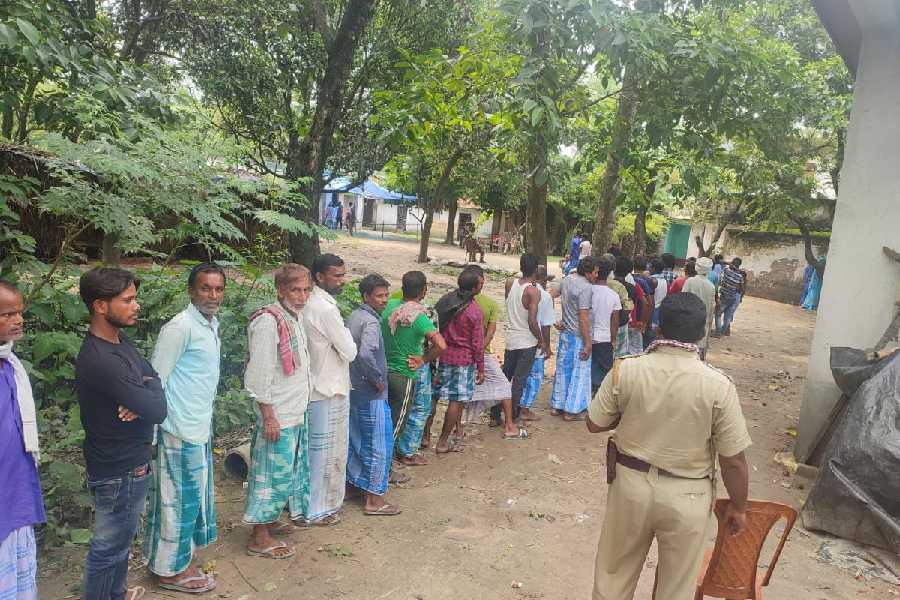The state panchayat and rural development department has issued a notification, asking district magistrates to form boards at rural bodies by August 16, amid questions on whether the move will invite another round of legal implications for the government.
The notification on Thursday prompted a section of officials to ask whether it would cut short the five-year tenure of boards at several rural bodies, particularly panchayat samitis and zilla parishads, which had been formed in September and even in October 2018.
“If boards are dissolved on or before August 16 and new boards take over, the five-year tenure of several elected bodies will not be completed. This would hurt the spirit of the 73rd amendment to the Indian Constitution,” said an official who has experience in handling panchayat-related affairs.
Quoting Article 243E of the Constitution, another official said every panchayat board should function for a tenure of five years from the date of its first meeting.
“The spirit of the 73rd constitution amendment was to ensure a full five-year tenure for rural bodies. Since the first meeting of many existing boards was held in September 2018, dissolving them on or before August 16 will cut short their tenure. This will hurt the spirit of the amendment,” said the official.
However, the state government is in no mood to delay the board formation. Chief secretary H.K. Dwivedi told the district magistrates during a video conference on Friday that boards at panchayats had to be formed as soon as possible, a source said.
“In the meeting, the chief secretary cited the West Bengal Panchayat Constitution Rules, 1975, and laid stress on holding the first meeting of the newly elected boards before the five-year tenure of the existing boards is complete,” said a source.
This means many of the existing boards will not be able to complete five-year terms, the source added.
A retired bureaucrat with experience in the panchayat department for nearly two decades said while the state panchayat constitution rules were being cited by the chief secretary, it had become null and void after the 73rd amendment of the Constitution that ensured five-year tenure for the rural bodies.
The decision to rush through the process of formation of boards may face legal challenges if someone takes up the matter with the court, said the source.
A section of the officials said the government should not have shown such a tearing hurry as the entire process of the panchayat elections held on July 8 was under the scanner of the court.
“The government could have waited for the verdict of the high court which itself had said the fate of elected candidates depended on the cases pending before it,” said an official.
Some panchayat department officials, however, said as the high court did not issue any order preventing the formation of the boards, the government couldn’t be faulted for initiating the board formation process.
“Besides, the tenure of many of gram panchayats’ boards will expire on August 16. So, for these bodies, the process has to be completed by August 16,” said a source.
Jagannath Chattopadhyay, a state general secretary of the BJP, said the government was trying to bypass the 73rd amendment to the Constitution.
“In no way can the state government cut short the five-year tenure of the existing boards. The 73rd amendment to the Constitution secured a five-year tenure for rural bodies. The state government might face legal battles,” said Chattopadhyay.










